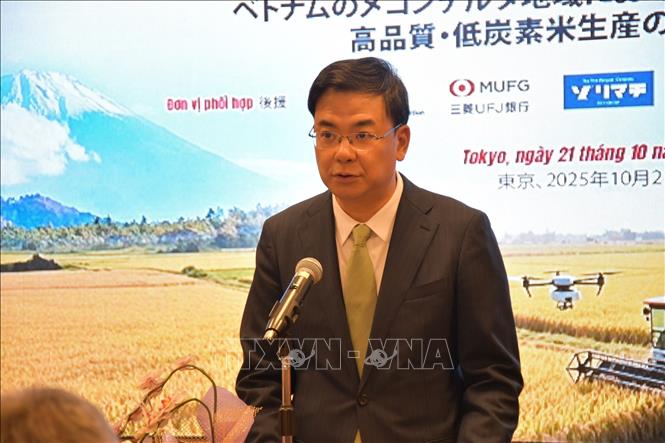
The conference was co-chaired by Deputy Minister of Agriculture and Environment of Vietnam Tran Thanh Nam, Deputy Minister of Agriculture, Forestry and Fisheries of Japan Watanabe Yoichi and Vietnamese Ambassador to Japan Pham Quang Hieu, attracting the participation of more than 150 delegates including representatives of ministries, branches, associations, cooperatives, enterprises of the two countries and more than 70 Japanese enterprises interested in investing in green agriculture in Vietnam.
Speaking at the opening of the conference, Vietnamese Ambassador to Japan Pham Quang Hieu affirmed that in the field of agriculture , Japan not only shares financial resources and advanced technology, but also inspires sustainable development thinking, quality standards and environmental responsibility. Thanks to that, many effective cooperation models have been formed: from high-tech agricultural production in Lam Dong, cooperation in agricultural processing in the Mekong Delta, to the program of developing high-quality agricultural human resources.
The Ambassador emphasized that the Mekong Delta - the largest rice granary in Southeast Asia - is being deeply affected by climate change, saline intrusion and land subsidence, posing an urgent need to transform the development model to a green, smart and sustainable direction. That is also the reason why Vietnam has implemented the Project "Sustainable development of 1 million hectares of high-quality, low-emission rice associated with green growth by 2030". The project's goal is to reduce greenhouse gas emissions by 15-20%, increase farmers' income by 10-15%, and at the same time build the brand "Vietnamese Rice - Green, Clean, Low Emission" in the international market.
The Ambassador affirmed that to realize this goal, Vietnam needs the companionship of partners with vision and capacity, and Japan is the most typical partner. The Ambassador believes that with many memorandums of understanding (MOUs) and cooperation agreements signed at the conference, the two sides will open up multi-level, multi-field cooperation models, from research, technology transfer to practical investment in localities in the Mekong Delta region.
The Ambassador also hopes that after this conference, many Japanese business delegations and experts will visit Vietnam, conduct field research in raw material areas, and share knowledge, technology and innovation.
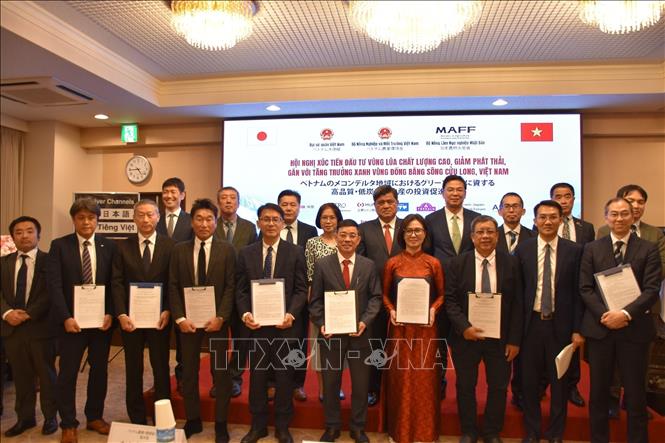
In an interview with a VNA reporter, Mr. Takahashi Akihiko - General Director of Sorimachi Vietnam - expressed his belief that cooperation between Japan and Vietnam will develop further. According to him, the investment promotion conference took place just about a month after the forum "Vietnam - Japan Public-Private Partnership Dialogue on Agriculture", held within the framework of a working visit by Acting Minister of Agriculture and Environment of Vietnam Tran Duc Thang. Two large-scale events on Vietnam - Japan agricultural cooperation taking place within a month, attracting many businesses from both countries, were a great success, showing the prospect of cooperation between the two countries in agriculture to develop further in the future.
Sharing with VNA reporters, Mr. Tadashi Tanimoto, Senior Executive Director of Nihon Nohyaku Agricultural Chemicals Company, said that the company has developed an application called Agroseeker, using artificial intelligence (AI) technology to diagnose pests and weeds. He expressed his desire to introduce this application to Vietnamese farmers within the framework of the program to produce environmentally friendly rice. Currently, Nihon Nohyaku Company is cooperating with Sorimachi Group to link in the digital value chain system (DX value chain) to build a more user-friendly and effective platform for farmers.
In addition, Nihon Nohyaku is also discussing to develop this application to be more suitable for Vietnam's agriculture. Mr. Tadashi expressed his desire to contribute to Vietnam's program "1 million hectares of high-quality, low-emission rice associated with green growth by 2030".
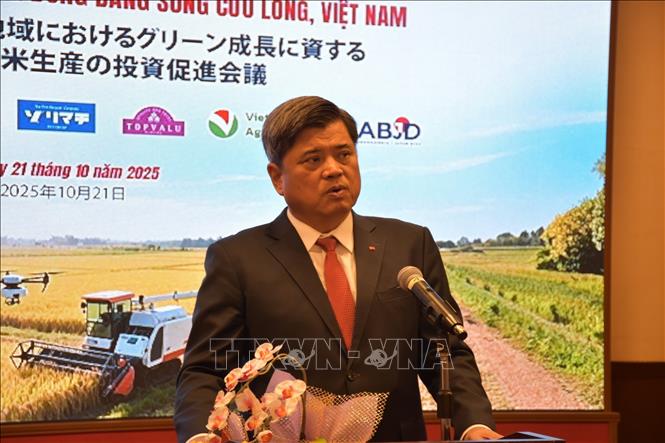
Speaking at the end of the conference, Deputy Minister of Agriculture and Environment of Vietnam Tran Thanh Nam welcomed the Vietnamese and Japanese delegates for their substantive discussions at the conference, raising their wishes, problems, solutions, as well as introducing technological advantages to find opportunities for cooperation and development. Deputy Minister Tran Thanh Nam paid special attention to smart agriculture using technology to serve agriculture such as measuring, evaluating, and reporting emissions; technology for processing agricultural by-products; buffer technologies, management, and sustainable farming processes; technology for controlling inputs of fertilizers, seeds, water, and nutrients to create nutrition for the soil...
Deputy Minister Tran Thanh Nam said the policy of the program "1 million hectares of high-quality rice, low emissions, green growth" is to support the formation of about 600 cooperatives to gather farmers for cultivation. Such a large scale will require a lot of technology from technology in administration, accounting, land inventory, the issue of issuing codes for growing areas...
Deputy Minister Tran Thanh Nam expressed his hope that Japanese enterprises would bring high technology in agriculture to Vietnam, participate in developing high-quality rice areas, reduce emissions, and link with green growth in the Mekong Delta region.
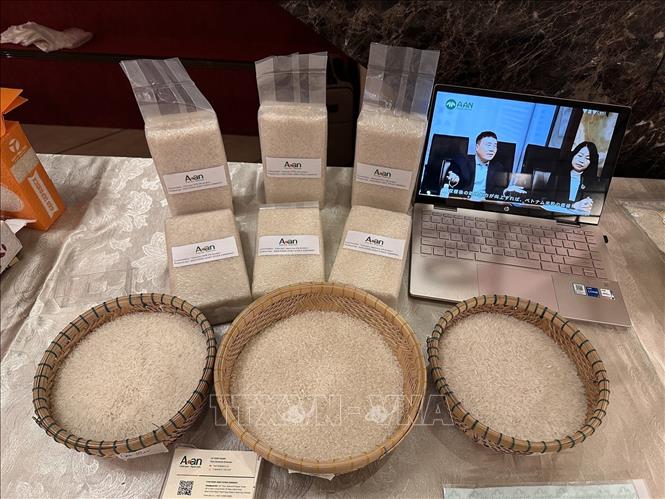
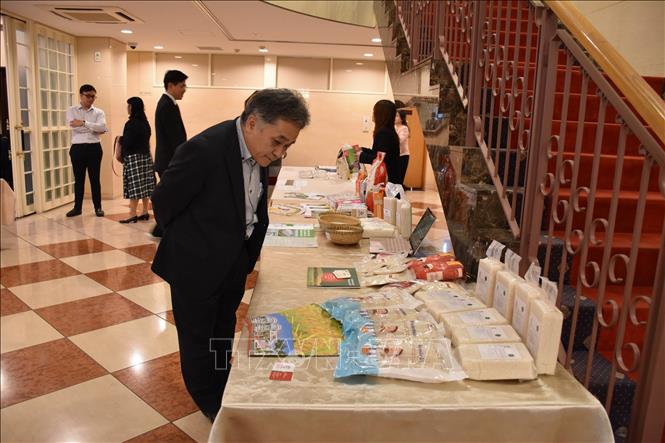
At the conference, agencies and businesses of both sides discussed and agreed on many contents of the memorandum of understanding, marking a concrete step forward in investment cooperation and technology transfer between Vietnam and Japan. The cooperation contents focus on the application of AI, Big Data, agricultural robots, synchronous mechanization, monitoring and reduction of carbon emissions in farming, deep processing and reuse of rice by-products. These cooperation contents open up a multi-layered cooperation ecosystem, connecting from management agencies, research institutes to businesses, cooperatives and farmers, contributing to promoting green growth, circular economy and sustainable food security.
Source: https://baotintuc.vn/kinh-te/viet-nam-va-nhat-ban-tang-cuong-xuc-tien-dau-tu-nong-nghiep-xanh-vung-dong-bang-song-cuu-long-20251021223436817.htm



![[Photo] Prime Minister Pham Minh Chinh meets with Speaker of the Hungarian National Assembly Kover Laszlo](https://vphoto.vietnam.vn/thumb/1200x675/vietnam/resource/IMAGE/2025/10/20/1760970413415_dsc-8111-jpg.webp)

![[Photo] Da Nang residents "hunt for photos" of big waves at the mouth of the Han River](https://vphoto.vietnam.vn/thumb/1200x675/vietnam/resource/IMAGE/2025/10/21/1761043632309_ndo_br_11-jpg.webp)

![[Photo] Prime Minister Pham Minh Chinh received Mr. Yamamoto Ichita, Governor of Gunma Province (Japan)](https://vphoto.vietnam.vn/thumb/1200x675/vietnam/resource/IMAGE/2025/10/21/1761032833411_dsc-8867-jpg.webp)
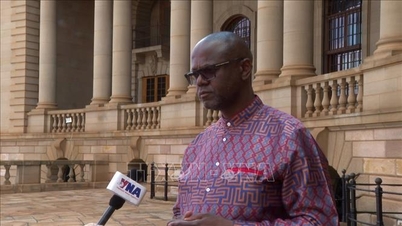
![[Photo] Prime Minister Pham Minh Chinh received Mr. Yamamoto Ichita, Governor of Gunma Province (Japan)](https://vphoto.vietnam.vn/thumb/402x226/vietnam/resource/IMAGE/2025/10/21/1761032833411_dsc-8867-jpg.webp)

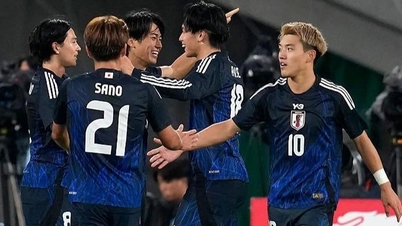

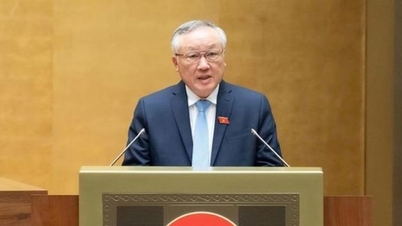

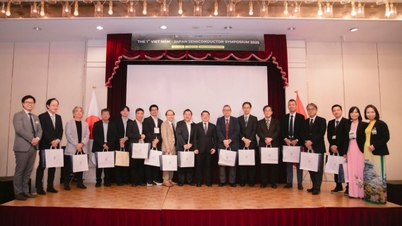

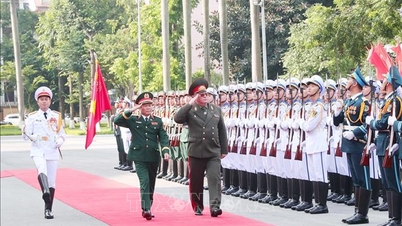
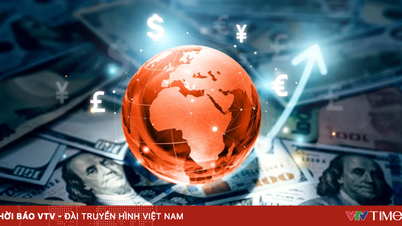

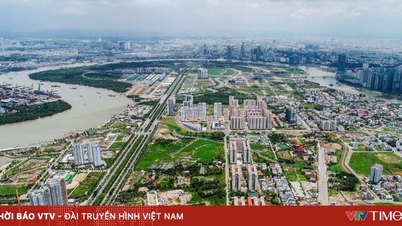
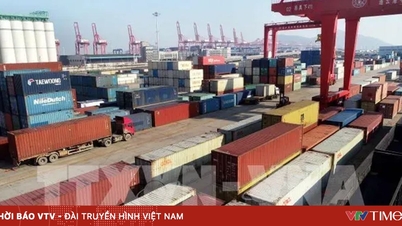
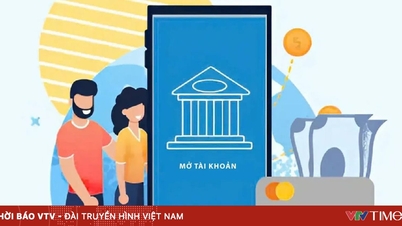
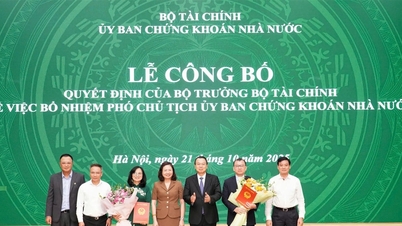

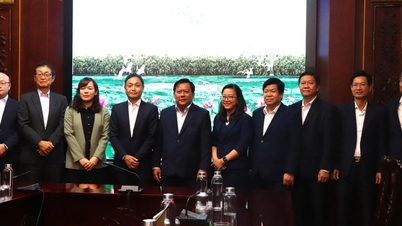




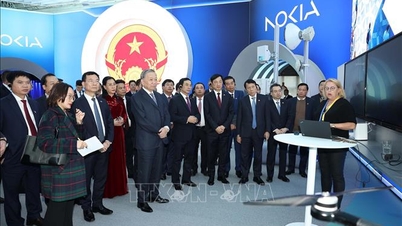
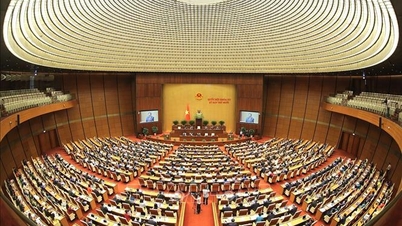
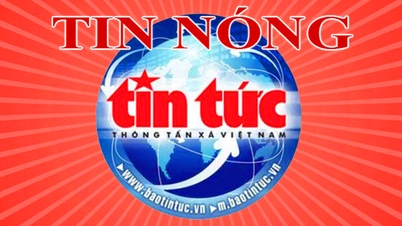
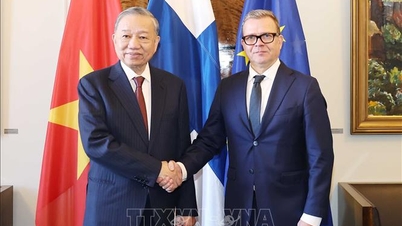
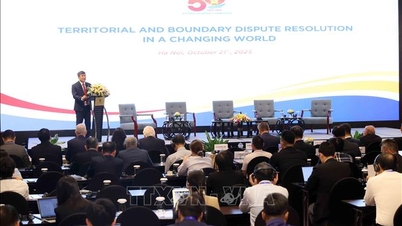
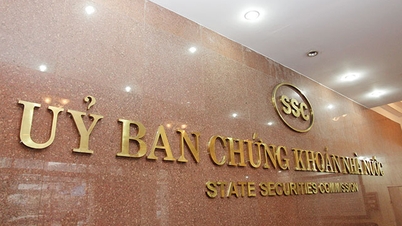




















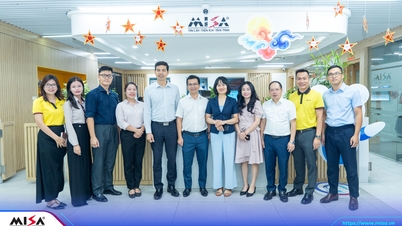














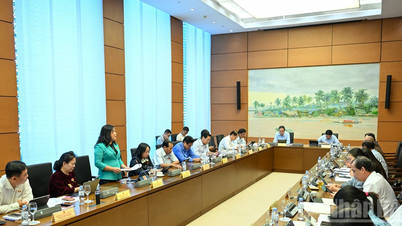
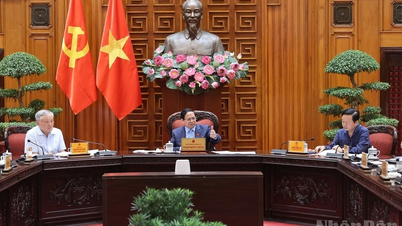
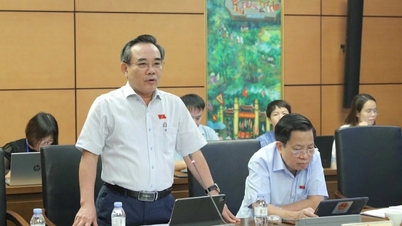
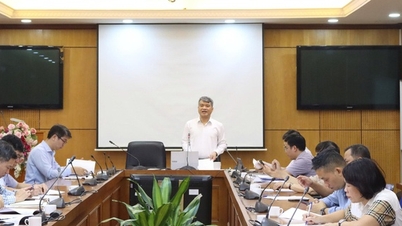
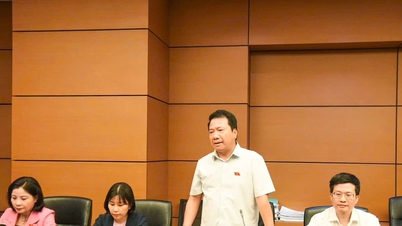
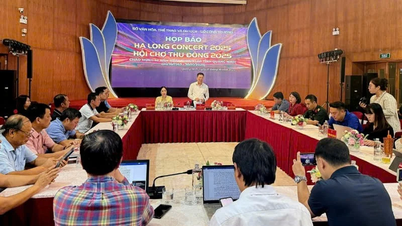
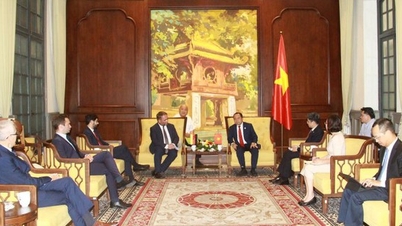

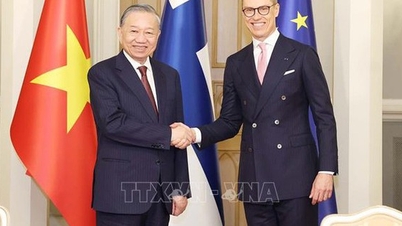
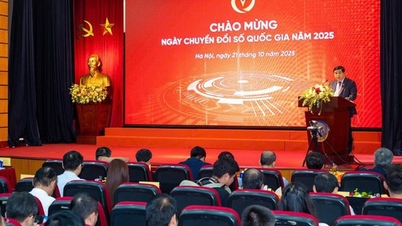

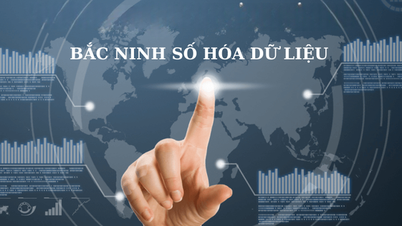
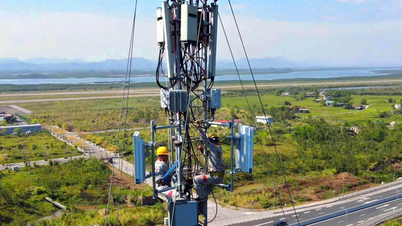
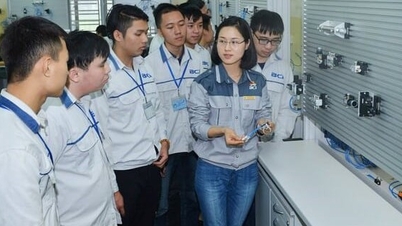
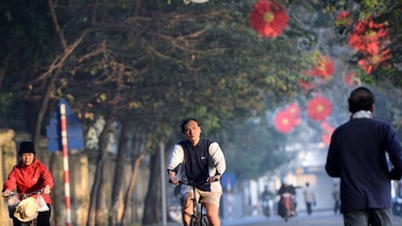

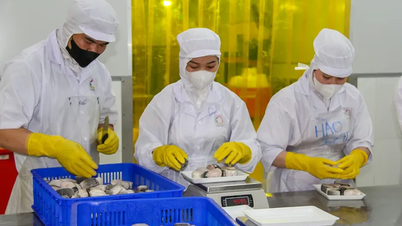

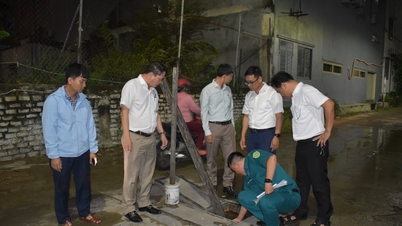

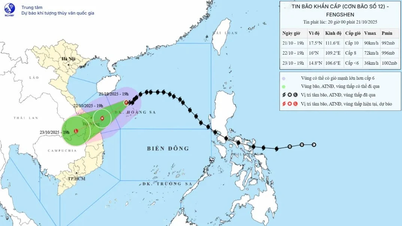

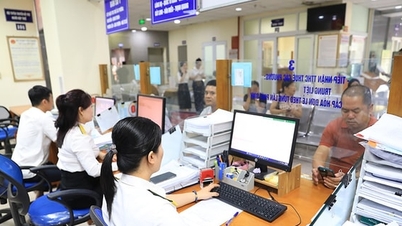
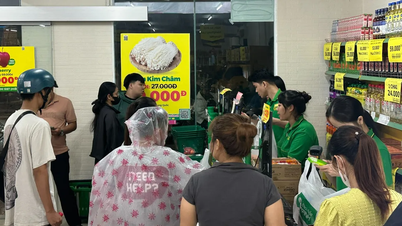










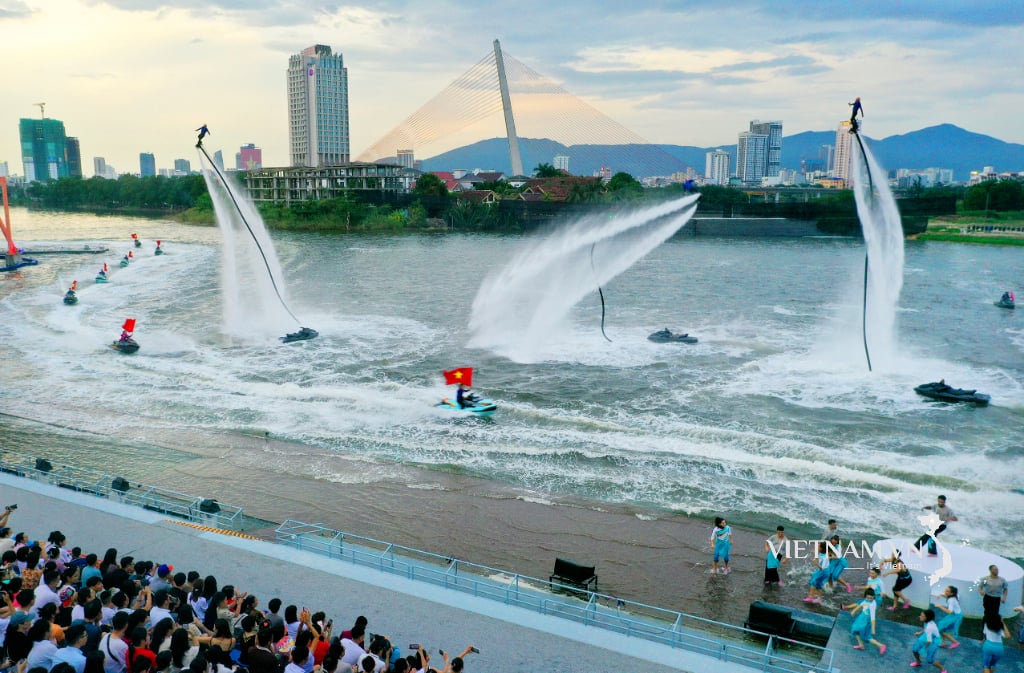

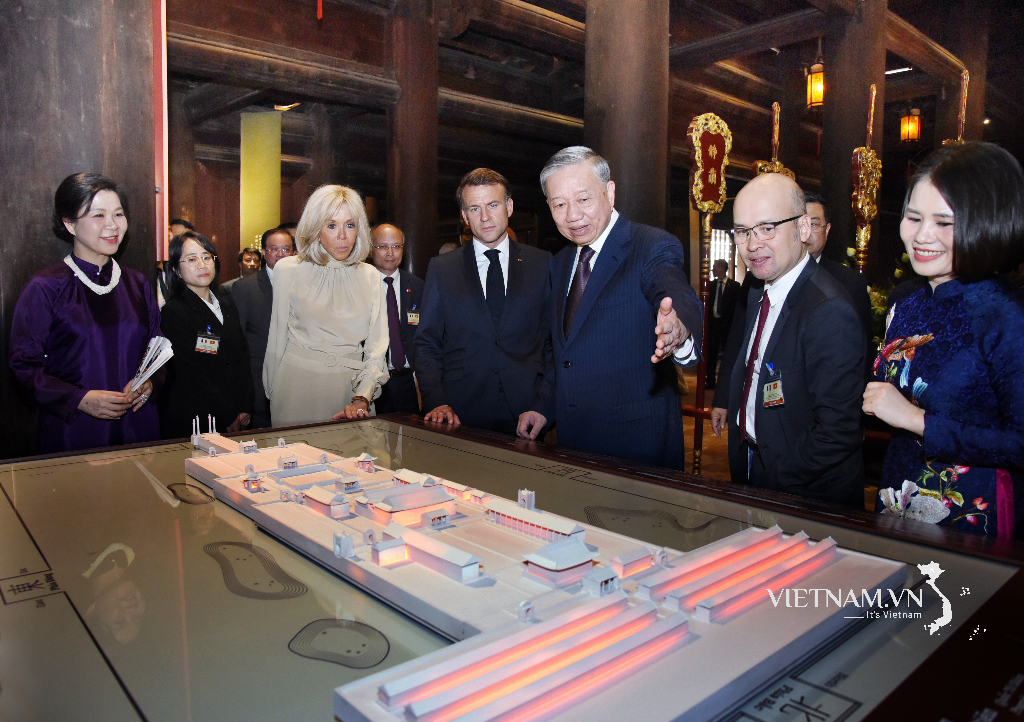

Comment (0)